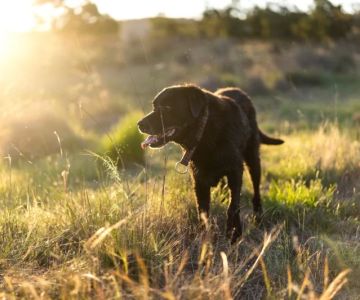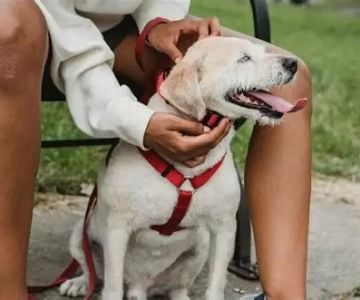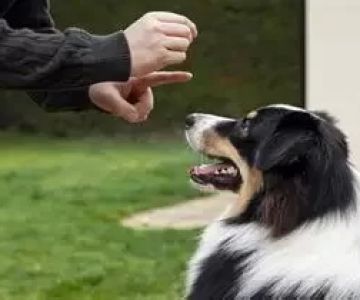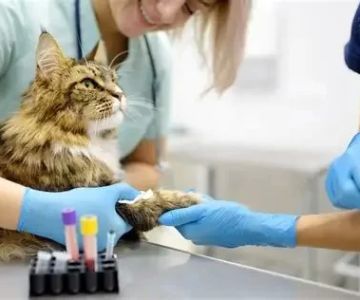- 1-understanding-the-nutritional-needs-of-senior-dogs
- 2-key-components-of-the-best-diets-for-senior-dogs
- 3-addressing-common-challenges-in-aging-dog-nutrition
- 4-real-life-stories-of-senior-dogs-thriving-on-healthy-diets
- 5-customizing-your-senior-dogs-diet-with-hidden-brook-veterinary
Understanding the Nutritional Needs of Senior Dogs
As dogs age, their nutritional requirements shift significantly, making it essential to adjust their diets accordingly. Understanding the nutritional needs of senior dogs is the first step toward ensuring they maintain vitality and comfort in their golden years. Unlike younger dogs, senior pets often have slower metabolisms, reduced activity levels, and may experience health issues that require specialized diets.
Recognizing these changes allows owners to make informed choices about feeding. For example, a typical senior dog may need fewer calories to prevent weight gain but higher quality protein to maintain muscle mass. Balancing these factors helps promote longevity and reduces risks of age-related diseases.
Key Components of the Best Diets for Senior Dogs
The best diets for senior dogs are carefully formulated to address their evolving needs. High-quality protein sources are crucial for supporting muscle repair and immune function. Omega-3 fatty acids, often derived from fish oils, help reduce inflammation and support joint health—a common concern in aging dogs.
Additionally, fiber plays an important role in maintaining digestive health, which can decline with age. Antioxidants such as vitamins C and E assist in combating oxidative stress linked to aging. A well-rounded diet for older dogs also controls calories to prevent obesity, which can exacerbate arthritis and other conditions.
For instance, senior-specific formulas found through Hidden Brook Veterinary provide balanced nutrition with these components, making them excellent choices for aging pets.
Addressing Common Challenges in Aging Dog Nutrition
Feeding senior dogs can present challenges that require careful management. Dental issues may make chewing difficult, necessitating softer or wet food options. Appetite changes might mean smaller, more frequent meals to ensure adequate intake. Some dogs develop food sensitivities or allergies that call for specialized ingredients.
Weight management is often a tricky balancing act; overweight dogs need calorie reduction, while underweight dogs require nutrient-dense options. Monitoring your dog’s response to dietary changes and working with veterinary professionals ensures the best approach tailored to your pet’s unique needs.
Real-Life Stories of Senior Dogs Thriving on Healthy Diets
Take Max, a 12-year-old golden retriever who struggled with joint stiffness and lethargy. After switching to a diet rich in omega-3 fatty acids and antioxidants recommended by his vet, Max showed noticeable improvements in mobility and energy within months. His owner shares how thoughtful nutrition made a profound difference in Max’s quality of life.
Similarly, Bella, a small breed dog with dental problems, benefitted from specialized soft food options designed to be easy to chew without sacrificing nutrition. These real-life examples highlight how the best diets for senior dogs can be personalized to address health challenges and enhance well-being.









